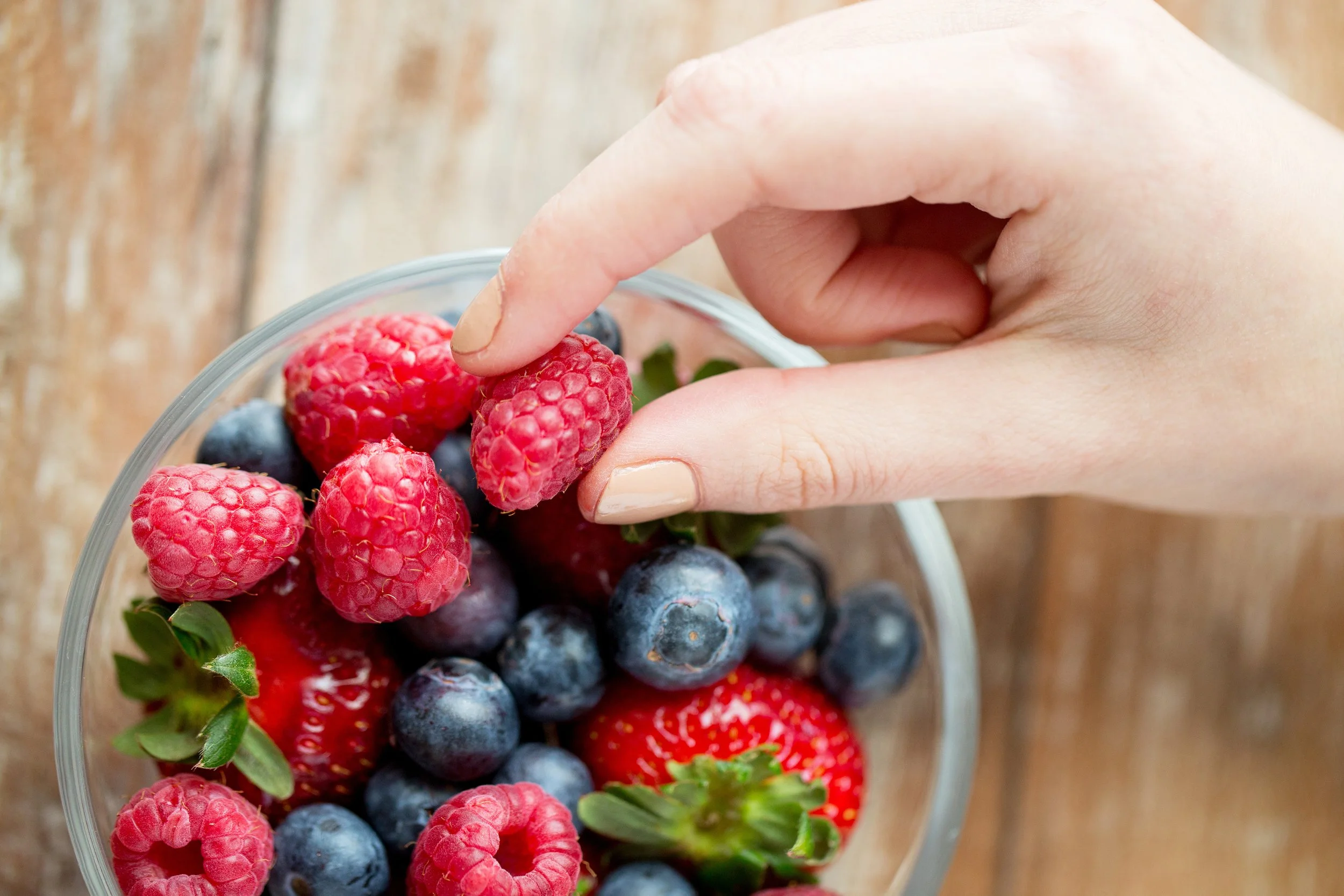What is Oxidative Stress?
Due to our environments and lifestyles, oxidative stress is becoming a more common concern. But what exactly is oxidative stress, and how can we prevent it?
Oxidative stress is the body’s natural response to an imbalanced exposure to free radicals. When the body accumulates too many free radicals and not enough antioxidants to neutralize them, oxidative stress occurs. Let’s talk about what this means.
Free radicals are molecules that contain an uneven number of electrons, making them unstable and eager to react with other molecules. Some of the most common types of free radicals are reactive oxygen species (ROS). When these free radicals react with other molecules, it causes oxidation. The body naturally produces free radicals as by-products of metabolic processes, and these free radicals are necessary for fighting off pathogens and preventing infection. Oxidation becomes harmful when there are too many free radicals and not enough antioxidants to neutralize them, causing oxidative stress. When free radicals don’t have antioxidants to react with, they start reacting with other molecules in the body, such as DNA and cells. This causes damage to tissues, proteins, and DNA, which leads to inflammation, disruption of important pathways, and many chronic diseases. Lifestyle factors, such as smoking, stress, and an unhealthy diet high in saturated fats, sugar, and processed foods, increase the production of free radicals in the body.
Antioxidants are the molecules that neutralize free radicals in the body and help prevent oxidative stress. Antioxidants have freely available electrons that they can donate to the free radicals, making them no longer unstable and reactive. The body also produces antioxidants, but it’s often not enough, so we need to rely on food sources of antioxidants. Fruits and veggies, especially berries, are the primary sources of dietary antioxidants. Dark, leafy greens such as kale and spinach, artichokes, broccoli, carrots, and potatoes are some veggies that are high in antioxidants. Some antioxidant-rich fruits, besides berries, include pears, red grapes, tomatoes, cherries, and plums. Some spices, such as cinnamon and turmeric, also contain antioxidants.
When free radicals damage vital structures in the body, such as our DNA, there are understandably risks for illness. Oxidative stress also speeds up the aging process. So, how can we prevent oxidative damage from occurring? Besides eating more antioxidant-rich foods, we can live healthier lifestyles that don’t further contribute to free radical formation.
This includes lowering stress levels, exercising regularly, and avoiding processed foods, added sugars, and saturated fats. Environmental factors, such as pollution, pesticides in food, and chemicals in your cleaning products, also increase free radical production. Try to buy organic and use natural, chemical-free cleaning products whenever you can. We can’t avoid everything that increases free radicals, but we can do our best to minimize our exposure.




